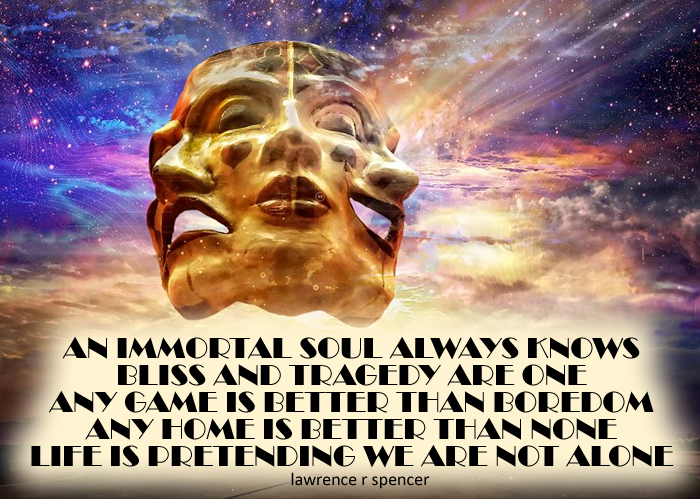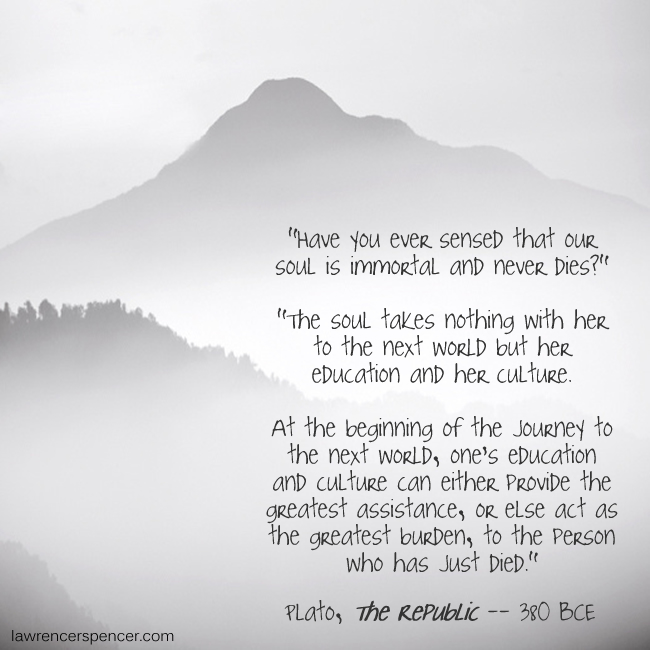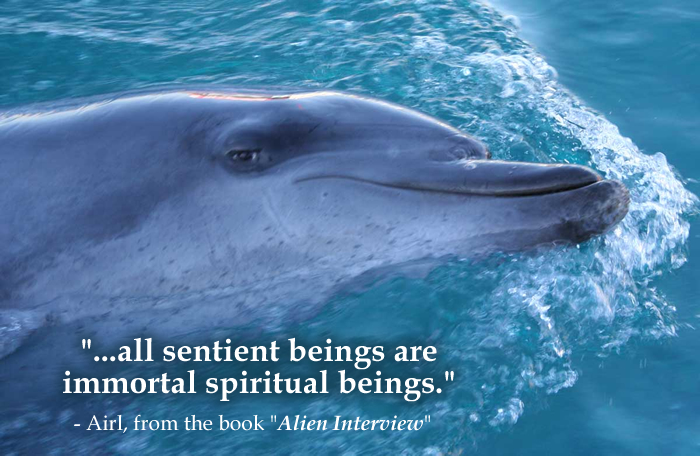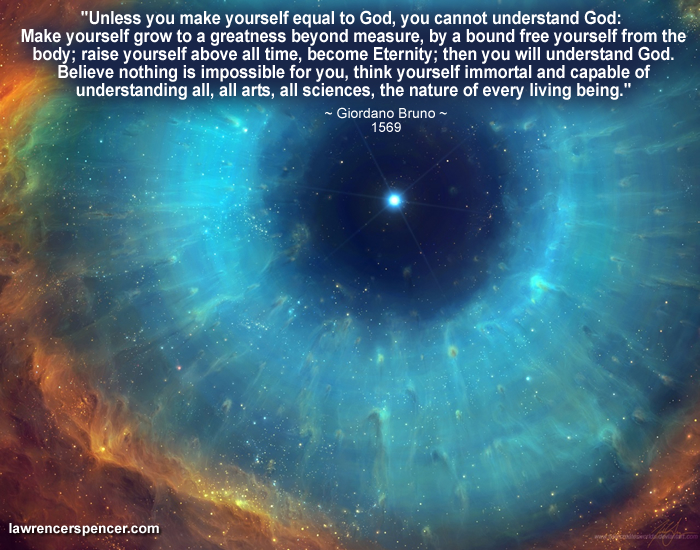Republished by Blog Post Promoter
Tag Archives: immortal
THE NEXT WORLD
Republished by Blog Post Promoter
PLATO — 348/347 BC) was a Classical Greek philosopher, mathematician, student of Socrates, writer of philosophical dialogues, and founder of the Academy in Athens, the first institution of higher learning in the Western world. Along with his mentor, Socrates, and his student, Aristotle, Plato helped to lay the foundations of Western philosophy and science.[3] In the words of A. N. Whitehead:
“The safest general characterization of the European philosophical tradition is that it consists of a series of footnotes to Plato. I do not mean the systematic scheme of thought which scholars have doubtfully extracted from his writings. I allude to the wealth of general ideas scattered through them.“
Plato’s sophistication as a writer is evident in his Socratic dialogues; thirty-six dialogues and thirteen letters have been ascribed to him. Plato’s writings have been published in several fashions; this has led to several conventions regarding the naming and referencing of Plato’s texts.[5] Plato’s dialogues have been used to teach a range of subjects, including philosophy, logic, ethics, rhetoric, and mathematics. Plato is one of the most important founding figures in Western philosophy. — Wikipedia.org
SENTIENT BEINGS
Republished by Blog Post Promoter
“Personally, it is my conviction that all sentient beings are immortal spiritual beings. This includes human beings. For the sake of accuracy and simplicity I will use a made-up word: “IS-BE”. Because the primary nature of an immortal being is that they live in a timeless state of “is”, and the only reason for their existence is that they decide to “be”.
No matter how lowly their station in a society, every IS-BE deserves the respect and treatment that I myself would like to receive from others. Each person on Earth continues to be an IS-BE whether they are aware of the fact or not.”
— Airl. Officer, Pilot and Engineer of the Roswell UFO, from the book ALIEN INTERVIEW
SEE THE BEING — BE THE BEING
Republished by Blog Post Promoter
HERESY
Republished by Blog Post Promoter
“Unless you make yourself equal to God, you cannot understand God: for the like in intelligible save to the like. Make yourself grow to a greatness beyond measure, by a bound free yourself from the body; raise yourself above all time, become Eternity; then you will understand God. Believe nothing is impossible for you, think yourself immortal and capable of understanding all, all arts, all sciences, the nature of every living being. Mount higher than the highest height; descend lower than the lowest depth. Draw into yourself all sensations of everything created, fire and water, dry and moist, imagining that you are everywhere, on earth, on the sea, in the sky, that you are not yet born, in the maternal womb, adolescent, old, dead, beyond death. If you embrace in your thought all things at once, times, places, substances, qualities, quantities, you may understand God.” ~ Giordano Bruno from his “Egyptian Reflection of the Universe of the Mind” ~ 1569
_______________________________________
Giordano Bruno (1548 – February 17, 1600), born Filippo Bruno, was an Italian Dominican friar, philosopher, mathematician, poet, and astrologer.He is best known for his cosmological theories, which went even further than the then-novel Copernican model: while supporting heliocentrism, Bruno also correctly proposed that the Sun was just another star moving in space, and claimed as well that the universe contained an infinite number of inhabited worlds populated by other intelligent beings. Beginning in 1593, Bruno was tried for heresy by the Roman Inquisition on charges including denial of the Trinity, denial of the divinity of Christ, denial of virginity of Mary, and denial of Transubstantiation. The Inquisition found him guilty, and in 1600 he was burned at the stake.





